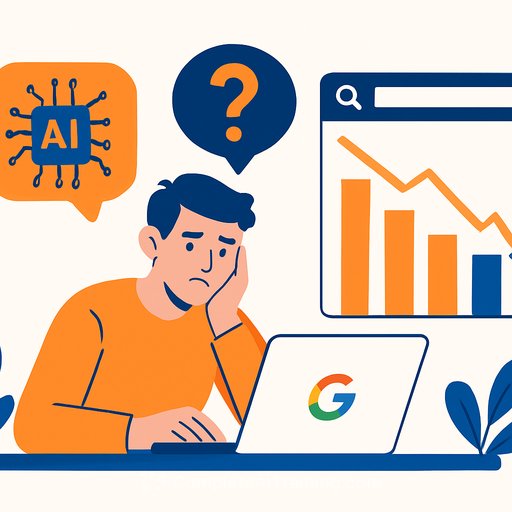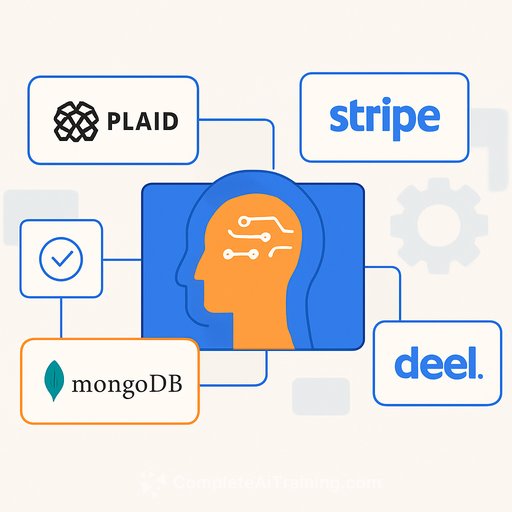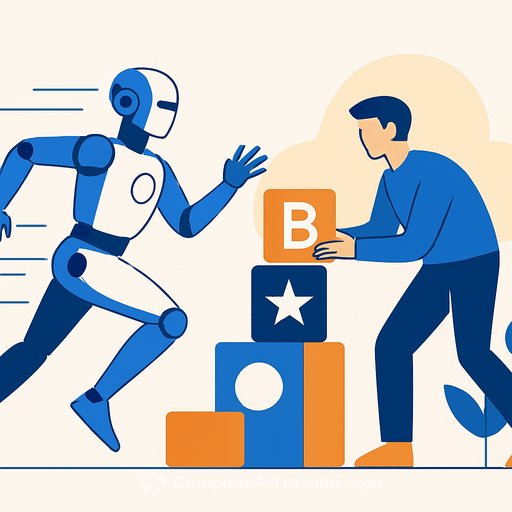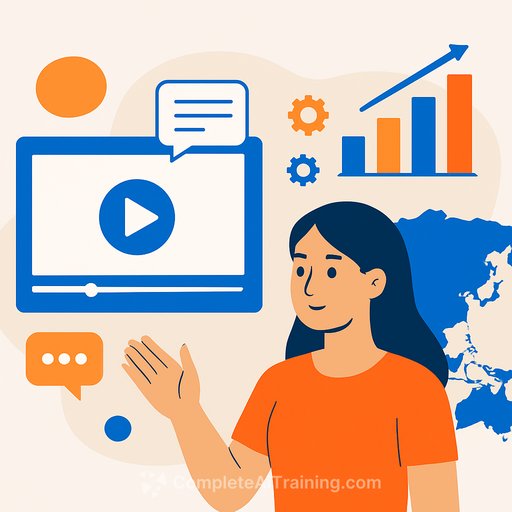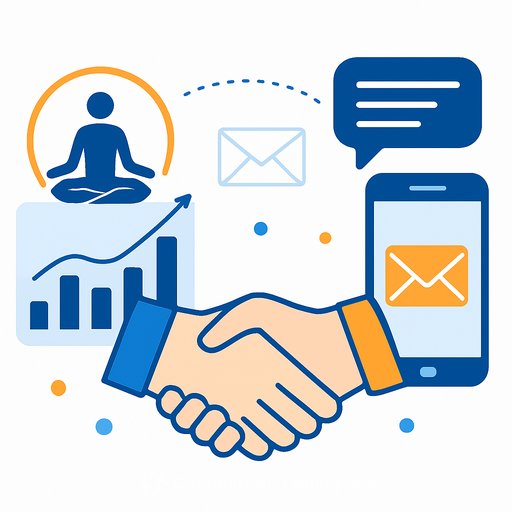Google's AI Max for Search Campaigns: Early Results Fall Short of Expectations
Google launched AI Max for Search campaigns on May 6, 2025, promising advertisers up to 14% more conversions or higher conversion value at similar CPA and ROAS levels. The platform uses artificial intelligence to broaden search reach beyond traditional keywords, incorporating features like search term matching, text customization, and final URL expansion.
Despite these promises, early independent testing by industry professionals shows mixed results. Many advertisers report that the majority of impressions generate zero conversions, raising questions about the technology’s effectiveness in real-world scenarios.
How AI Max Works
AI Max expands search campaigns through three main components:
- Search Term Matching: Uses broad match and keywordless technology to capture queries that traditional keyword targeting might miss.
- Text Customization: Automatically generates headlines and descriptions based on landing pages, ads, and existing keywords.
- Final URL Expansion: Directs users to optimized website pages rather than fixed destinations.
This approach aims to increase relevant impressions and conversions by learning from existing assets and expanding targeting beyond exact keyword matches.
Early Testing Reveals Conversion Challenges
Data from multiple client accounts, covering approximately 30,000 search terms, shows that about 99% of impressions resulted in no conversions. A significant proportion of search terms were long-tail queries exceeding 25 characters, often matched without direct keyword triggers. This shift from traditional keyword-based targeting to keywordless matches reduces advertiser control and complicates performance measurement.
While Google's internal studies highlight a 14% uplift in conversions overall and up to 27% for campaigns relying heavily on exact and phrase matches, external analyses suggest many matches lack keyword association, limiting effectiveness.
Case Studies: Mixed Outcomes
- L'Oréal Chile: Achieved double the conversion rate at 31% lower cost per conversion by leveraging AI Max’s search term matching. They unlocked conversions from previously unreachable queries, such as question-based searches related to beauty products.
- MyConnect: Reported 16% more leads at a 13% lower cost per action. The company saw a 30% increase in conversions from new queries, attributing success to AI-powered creative and targeting improvements.
These examples demonstrate AI Max’s potential in capturing intent-driven, discovery-based searches but also highlight that results vary by sector and campaign setup.
Improved Controls for Transparency and Precision
Responding to advertiser concerns, Google added new controls including:
- Locations of Interest: Targeting based on user intent rather than just physical location.
- Brand Controls: Ability to associate ads with specific brands or exclude competitors.
- Search Term Visibility: Enhanced reporting of search terms across all match types for better optimization.
- Asset Management: Tools to remove generated assets and customize URLs for precise campaign control.
These features improve transparency, address automation worries, and help advertisers fine-tune campaigns as targeting expands.
Recommendations for Advertisers
Experts advise a cautious approach when implementing AI Max. Instead of switching entire budgets, start with limited segments and use A/B testing tools to measure impact. Monitoring search terms and managing negative keywords are critical to avoid irrelevant traffic.
Final URL expansion requires vigilance to prevent directing users to unsuitable landing pages. Campaigns often need 1-2 weeks for learning and 4-6 weeks for full evaluation.
Given ongoing platform updates, advertisers are encouraged to test repeatedly over time. AI Max remains a high priority for Google, with expected improvements ahead.
Platform Evolution and Industry Context
The AI Max rollout resembles the earlier introduction of Performance Max campaigns, which initially faced criticism for lack of transparency and limited control. Over time, Google enhanced features such as negative keyword lists, demographic targeting, and search theme limits.
Industry voices suggest avoiding AI Max is unlikely, as Google integrates AI deeper into its advertising ecosystem. The May 21, 2025 Google Marketing Live event reinforced AI Max’s role alongside other AI-driven advertising tools.
Global Availability and Technical Integration
AI Max entered global beta in late May 2025 and is now accessible to all advertisers, regardless of account size or spend. Technical support arrived with Google Ads API v21 and Google Ads Editor 2.10, enabling automated activation and bulk management.
Activation remains manual, giving advertisers control over automation levels and preventing unintended campaign changes.
Key Timeline
- May 6, 2025: AI Max for Search campaigns announced.
- May 21, 2025: Google Marketing Live showcases AI Max and other AI features.
- May 31, 2025: Google publishes AI Max implementation guide.
- July 8, 2025: Google Ads Editor adds AI Max toggle.
- August 6, 2025: Google Ads API v21 supports AI Max.
- August 13, 2025: Industry testing reveals early conversion challenges.
Summary
- Who: Google introduced AI Max for Search campaigns, with advertisers and agencies independently testing performance.
- What: AI Max combines AI-driven search term matching, creative asset generation, and URL optimization to broaden targeting beyond keywords.
- When: Announced in May 2025, with global rollout and early test results by August 2025.
- Where: Available worldwide across Google's Search network.
- Why: Intended to capture untapped search opportunities and improve conversion outcomes, though current results suggest further refinement is needed.
For marketers interested in expanding their knowledge of AI-driven advertising and automation, exploring specialized training can provide valuable insights. Resources like Complete AI Training on automation offer courses tailored to marketing professionals keen on leveraging AI tools effectively.
Your membership also unlocks:

